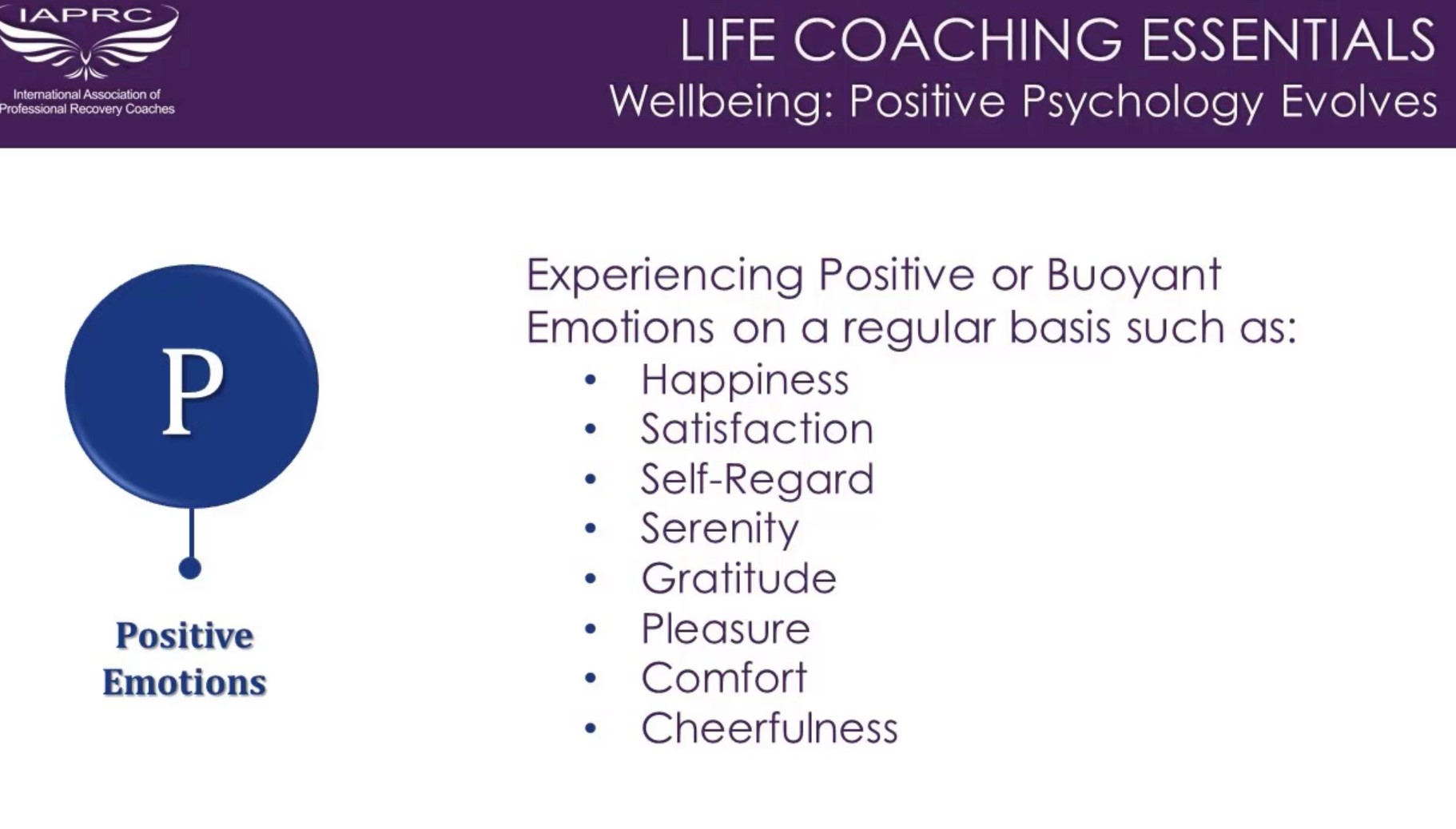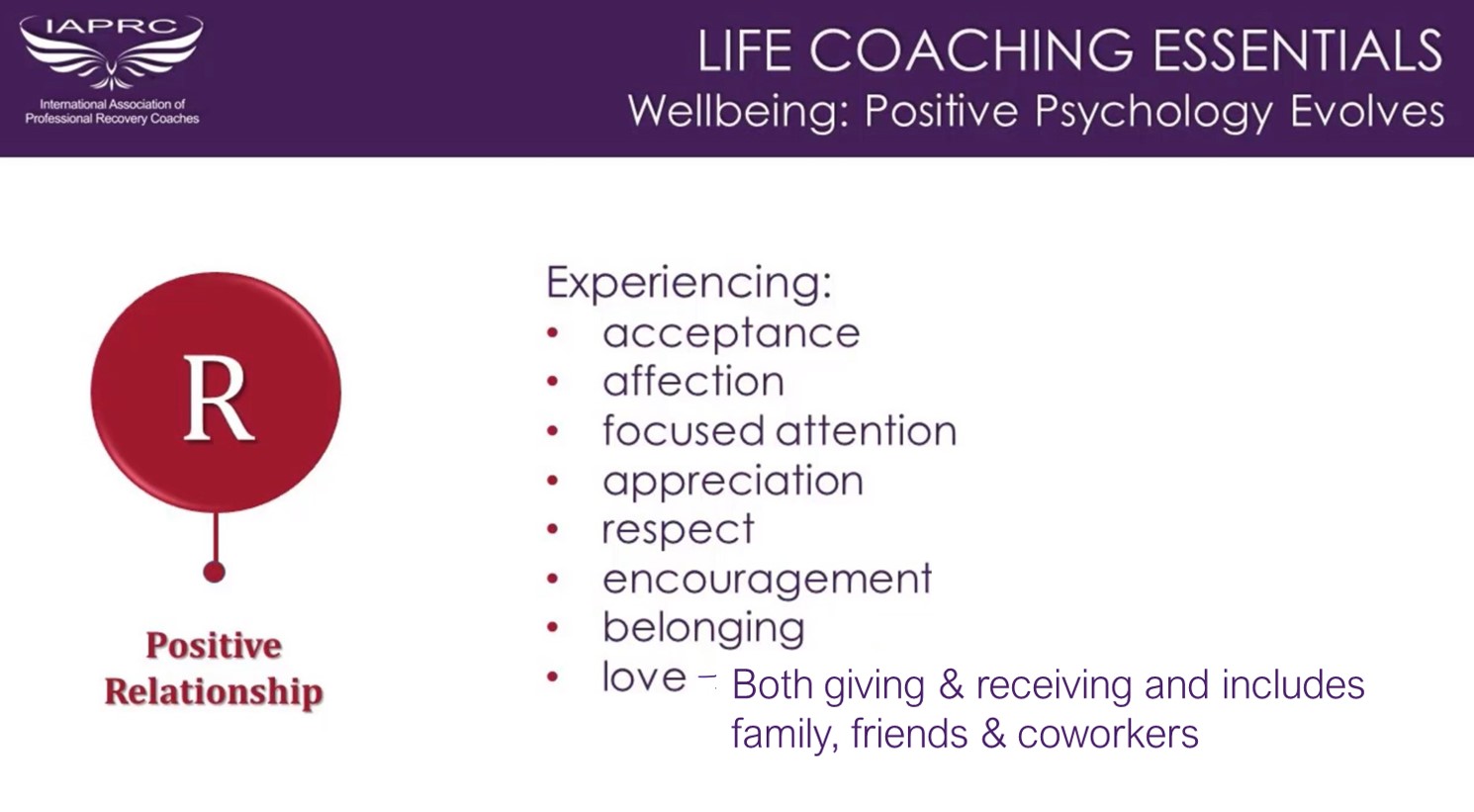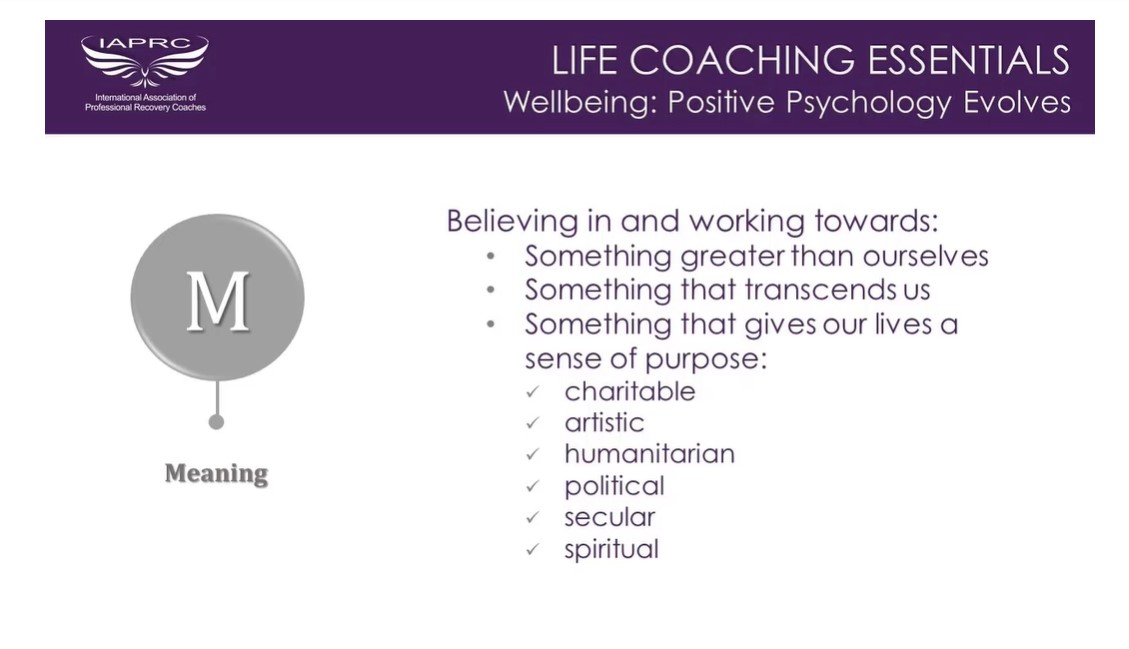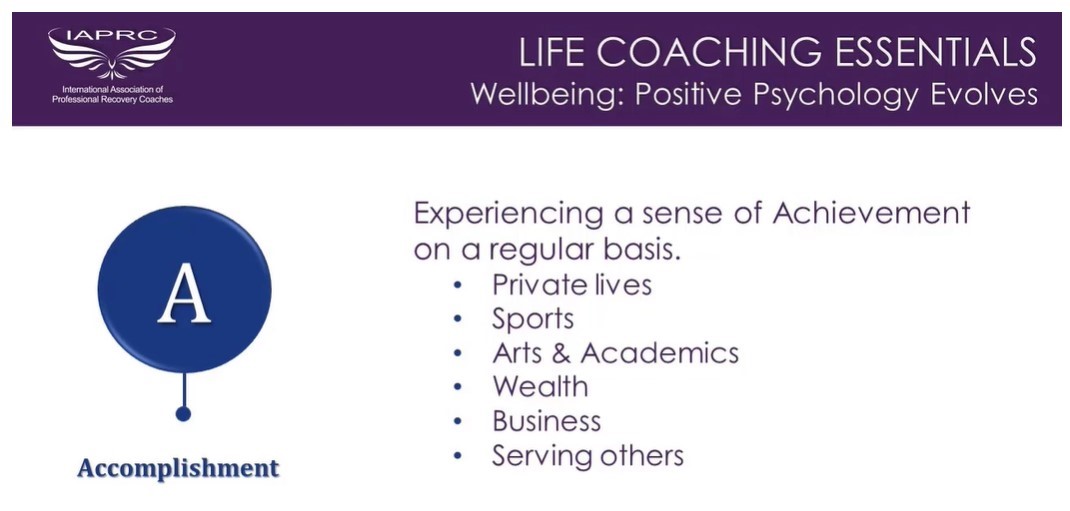"You must determine where you are going in your life, because you cannot get there unless you move in that direction"
Jordan Peterson
Health Tips While Maintaining Social Distancing
I’ve been trying to figure out how to respond to the most recent events centered around the COVID-19. Should I panic? Should I not panic? I’m choosing to self isolate, I have a roof over my head, have plenty of clean water, toilet paper, and food so why not spend this time encouraging others?
I thought I would share a few practical tips I read today for those of you who might feel a little isolated or claustrophobic during the social distancing rule in effect in California.
1. Get outside and get some sunshine! Vitamin D production in your skin from sun exposure will boost your immune system and your mental clarity. Make sure larger portions of your skin are exposed like arms or legs. Just 30 mins are all that is needed. You can still observe the 6-foot rule from people (who are not members of your household) issued by Sacramento County. Avoid playgrounds and other locations where others may congregate. You don’t have to be near a lot of people to take a walk, run, or ride a bike and you won’t be in danger of being exposed to the virus outside, the virus concentrates in indoor areas when you’re around a lot of people.
2. Boosting your immune system with herbs and supplements won’t cure or “kill” the virus, but can help to boost your immune system to either reduce your risk or the severity and duration of an infection. Examples: High doses of Vitamin C 1000+mg, elderberry, zinc, garlic, echinacea, and some others I won’t quote since I don’t know what they are, lol! Of course, if you are a high risk due to a health condition or compromised immune system .
3. Homemade chicken soups made from the whole chicken (bones and all)! The broth from the bones is highly effective in building your immune system and treating common cold viruses. Plus it is good comfort food! Who knew mom was right all along?
4. Some infectious disease experts believe overweight or obese people are at greater risks of severe problems from coronavirus than those at normal weights. So if you haven’t already, now is the time to start the journey to get to a normal weight. Since most restaurants are closed, use this time to make simple, healthy foods at home. Choose meals that include lots of fruits, veggies, and protein. Avoid processed foods as much as you are able. There are lots of great, free e-cookbooks out there! My personal favorites are designed around the Paleo diet since it is mostly organic and eliminates sugar and gluten which have been found to contribute to obesity and diabetes.
5. Smokers are also at risk since it attacks the respiratory system. Now is a perfect time to quit smoking cold turkey!
Lastly, it is important that we all stay calm since anxiety and fear also negatively impact the immune system. The US still is seeing a smaller portion of reported cases and deaths which, I believe, are mostly due to our access to good food, clean water, a good healthcare system, and public hygiene. We also enjoy a less dense population compared to other countries so we are very blessed to be here. Don’t let the media scare you, they want clicks so they can sell their product.
Why not spend time meditating on what is good, true, honorable, right, lovely, peace-giving and pure? Call your friends and family on the phone to encourage them, focus on your blessings and how you can be a blessing. Most of all plan to continue these healthy practices once your life goes back to the “status quo”, you may look back with gratitude for what you gained from this experience!
Gratitude Rewires an Unhappy Brain
It has been said that happiness isn’t rooted in circumstances, it is a frame of mind. This way of thinking isn’t natural to most people, and certainly life can throw circumstances that make feeling happy more challenging. A bad diagnosis or job loss; a difficult marriage or divorce; troubles with a teen or adult child; even living with an aging parent can be debilitating. I know first hand the fear and struggle of going through a cancer diagnosis that led to a bi-lateral mastectomy and reconstruction. The pain of watching or supporting a friend lose their spouse, sibling or parent to a sudden illness. The feelings of helplessness and grief can be overwhelming. There were days that I would simply not want to get out of bed. What I have learned in my 50+ years on this earth is, life is hard yet I don’t have to make it harder with negative thinking. I can choose thinking that helps me focus on strength rather than weakness. Each day I must choose to love, be present, and listen.
Learning to re-frame my thinking to be more positive isn’t easy. it requires intentional practices that train my heart and brain to see the good. Let’s face it, as humans we are more geared towards negativity, just spend 10 minutes on certain social media sites and you will see what I mean.
So, what are the benefits of positive thinking? Studies show that negative thinking impacts our physical and emotional health in adverse ways yet, having a more positive outlook enhances our ability to experience positive emotions and relationships even though the circumstances haven’t changed. Added bonus is this positive attitude encourages others and can help improve their life as well! How does one develop a positive outlook? Baby Steps! One simple practice that can be implemented today is the tool of Gratitude. I came across this article that presents a simple way to train your brain to be happier!
3 Steps to Becoming More Grateful
“In times of hardship or stress it might seem difficult to be grateful. But if you really think about it, we all have something to be grateful for. If you engage in only one prayer, let it be simply a heartfelt “thank you”. Here are three easy ways to put yourself in the mindfulness of gratitude.
- Keep a daily journal of things you are grateful for—list at least three. The best times for writing in your journal are in the morning as your day begins or at night before sleep.
- Make it a point to tell people in your life what you appreciate about them on a daily basis.
- When you look in the mirror, give yourself a moment to think about a quality you like about yourself or something you have recently accomplished.
Through the power of gratitude, you can wire your brain to be optimistic and compassionate, making you feel good. The more you look, the more you can find to be grateful for. This positive mindset can extend to those around you, creating a virtuous cycle. (1).”
Link to Source: Neurosicence Reveals: How Gratitude Literally Rewires your Brain to be Happier.
You don’t have to write about big things. Start small…
- What materialistic items are you most grateful for?
- Write about the music you’re thankful to be able to listen to and why.
- Who has done something this week to help you or make your life easier and how can you thank them?
- What foods or meals are you most thankful for?
- What elements of nature are you grateful for and why?
“And now, dear brothers and sisters, one final thing. Fix your thoughts on what is true, and honorable, and right, and pure, and lovely, and admirable. Think about things that are excellent and worthy of praise.”
Philippians 4:8-9
Finding Your "Why"
Do you know your “Why?” What I mean is, do you know why you do what you do? Why you get up in the morning?
I ask this because studies show that when a person knows the why of what they do (a job, a relationship or ministry), then what they do is more fulfilling, successful, and impacting. If what they do doesn’t line up with their core beliefs or values it may be time for a change. Most people go through life never addressing their “Why” so there remains an underlying uneasiness or discontent that is hard to put one’s finger on.
It is also possible that what they are doing lines up with their core values but they feel drained because other areas of their life are out of balance. An essential part of life balance is to familiarize yourself with the different pillars of well-being so you can see if one or more areas are off.
The PERMA Model of Well-being is a model I use to show the primal needs that must be met to have a balanced life. The photos below show the five pillars of well-being. I use an assessment that identifies how satisfied you are in each area of your life. This assessment helps identify areas that may need attention. You don’t have to go through life wondering why you are here, it only takes 5 minutes to start uncovering your potential!






